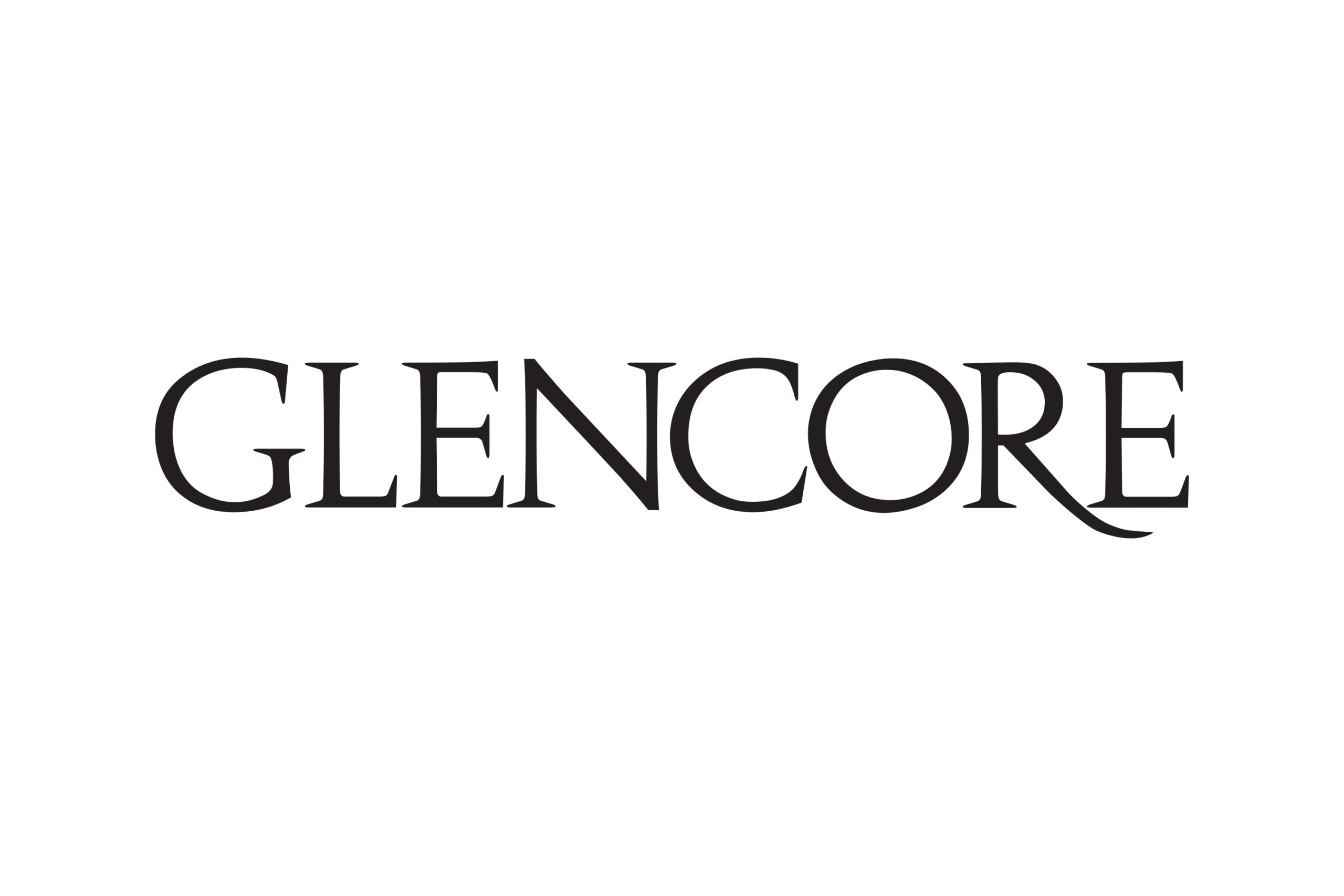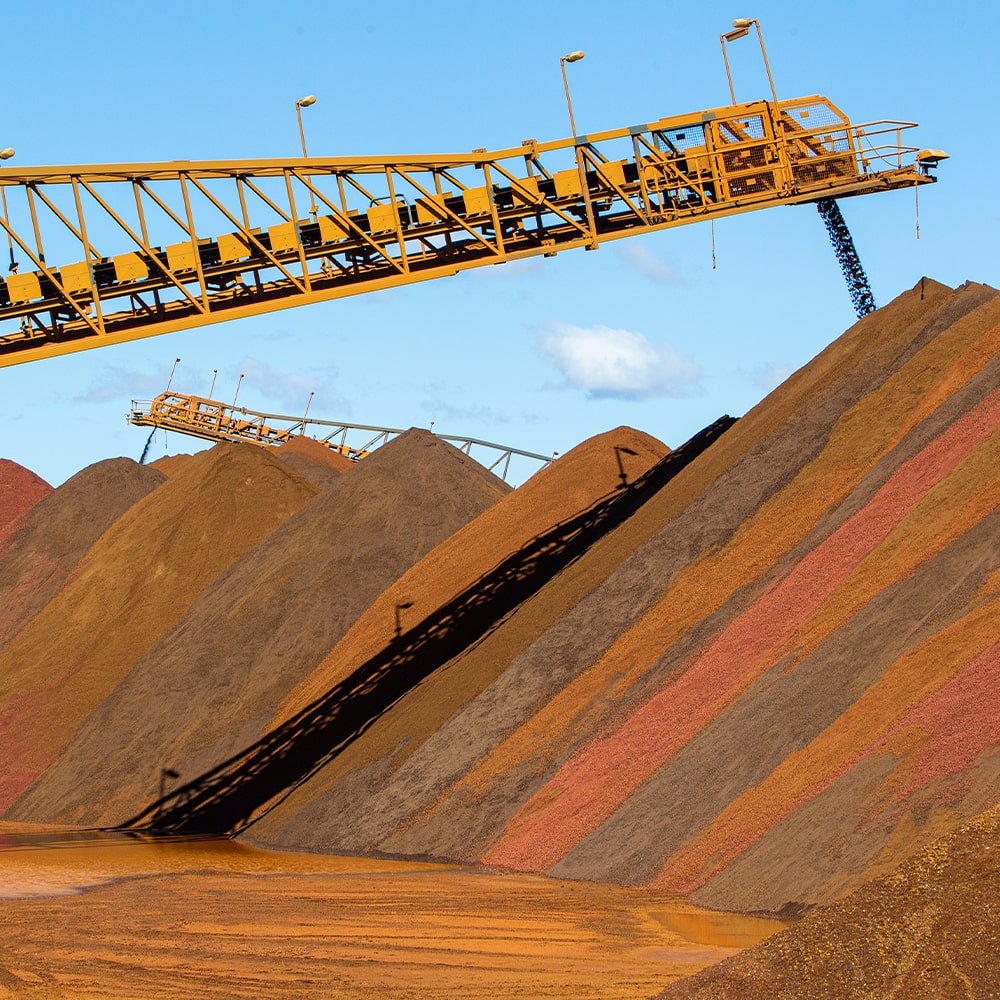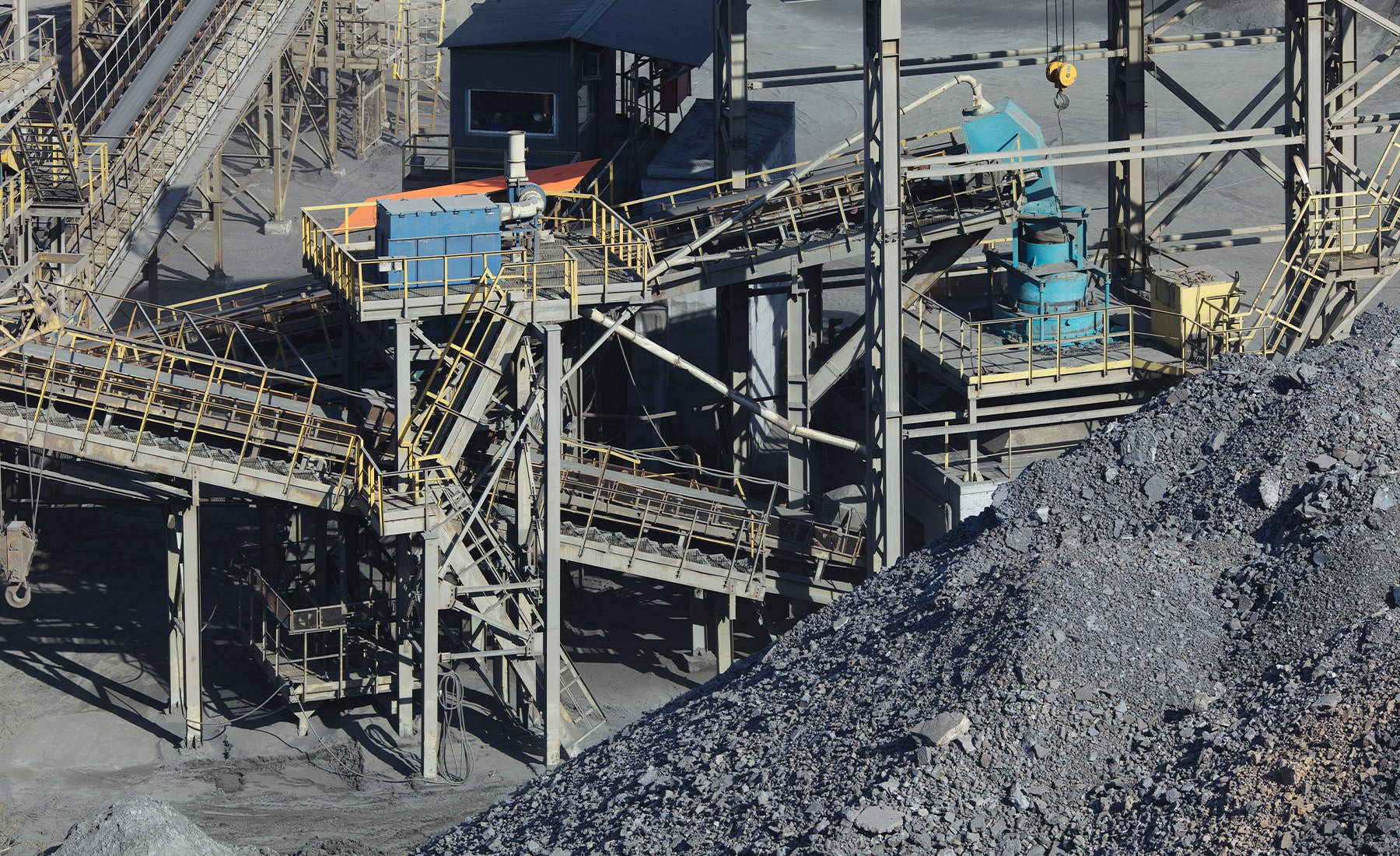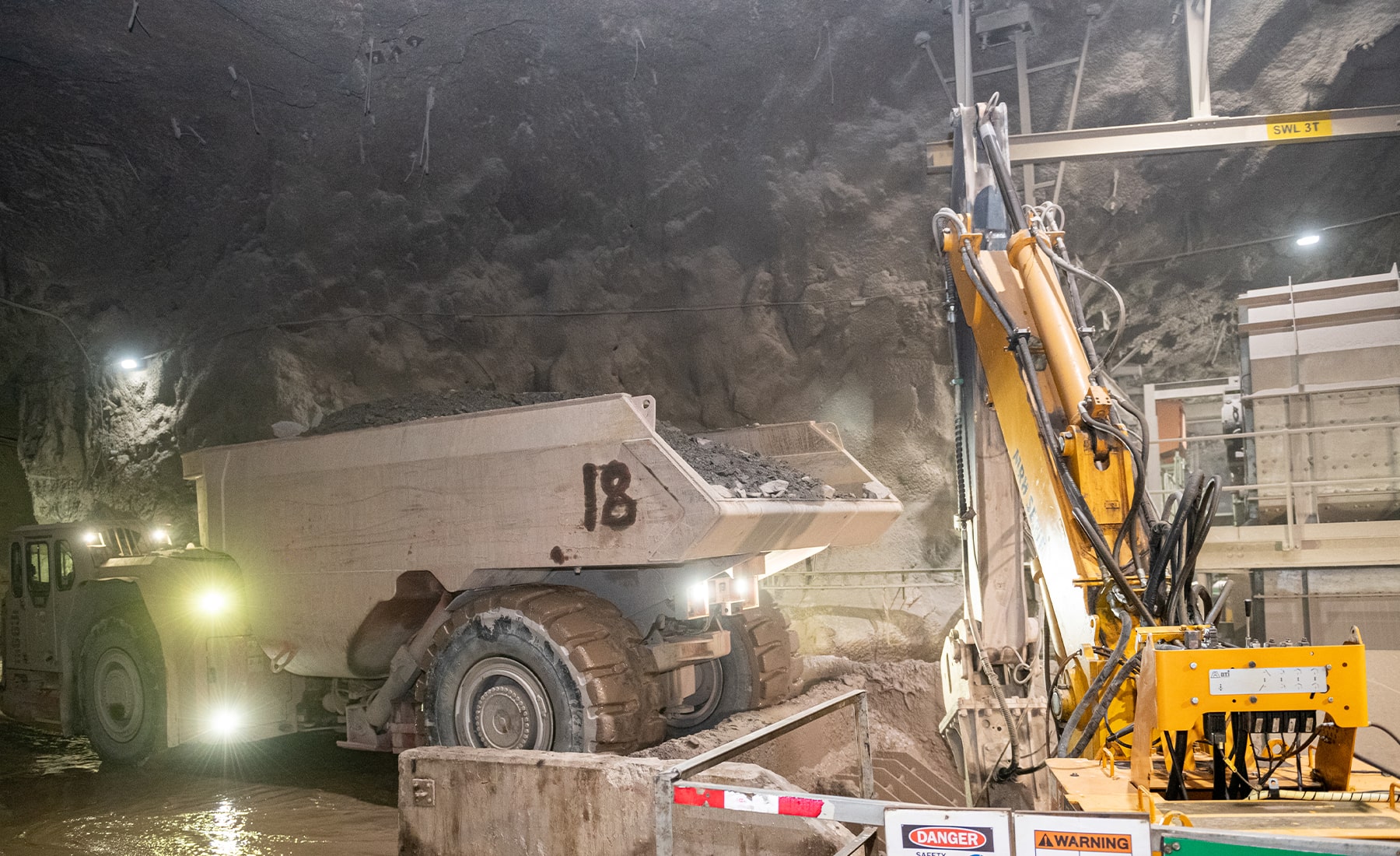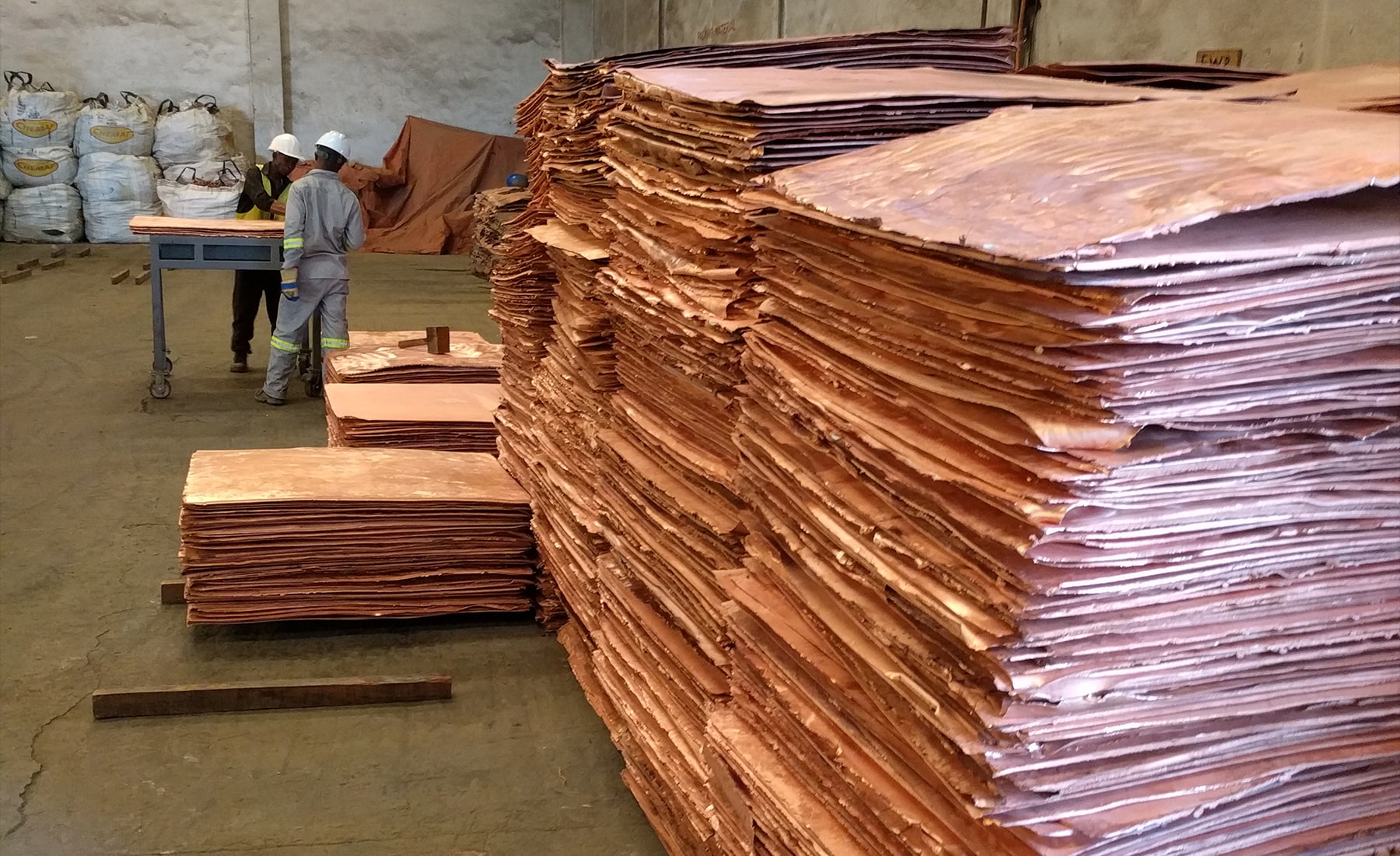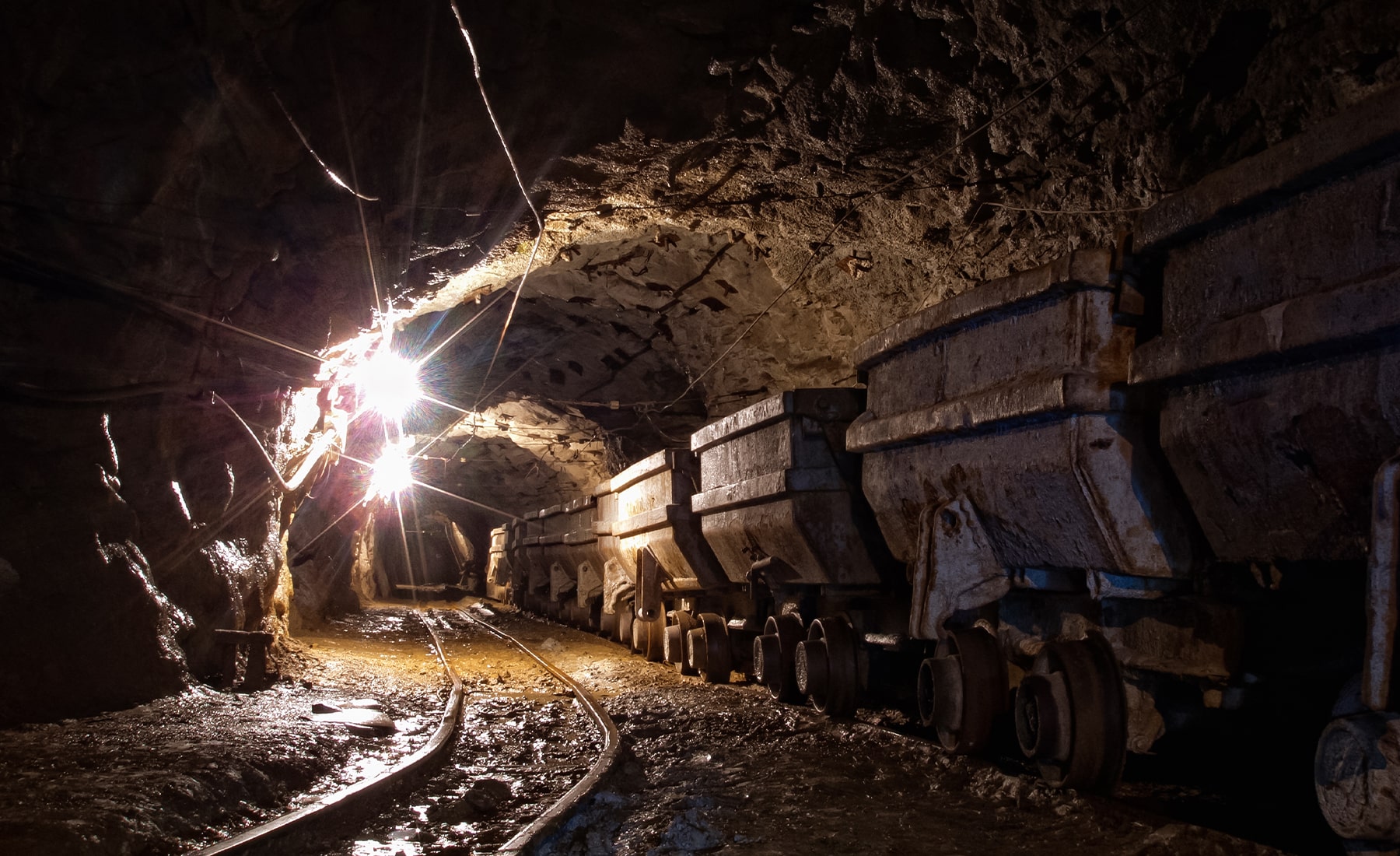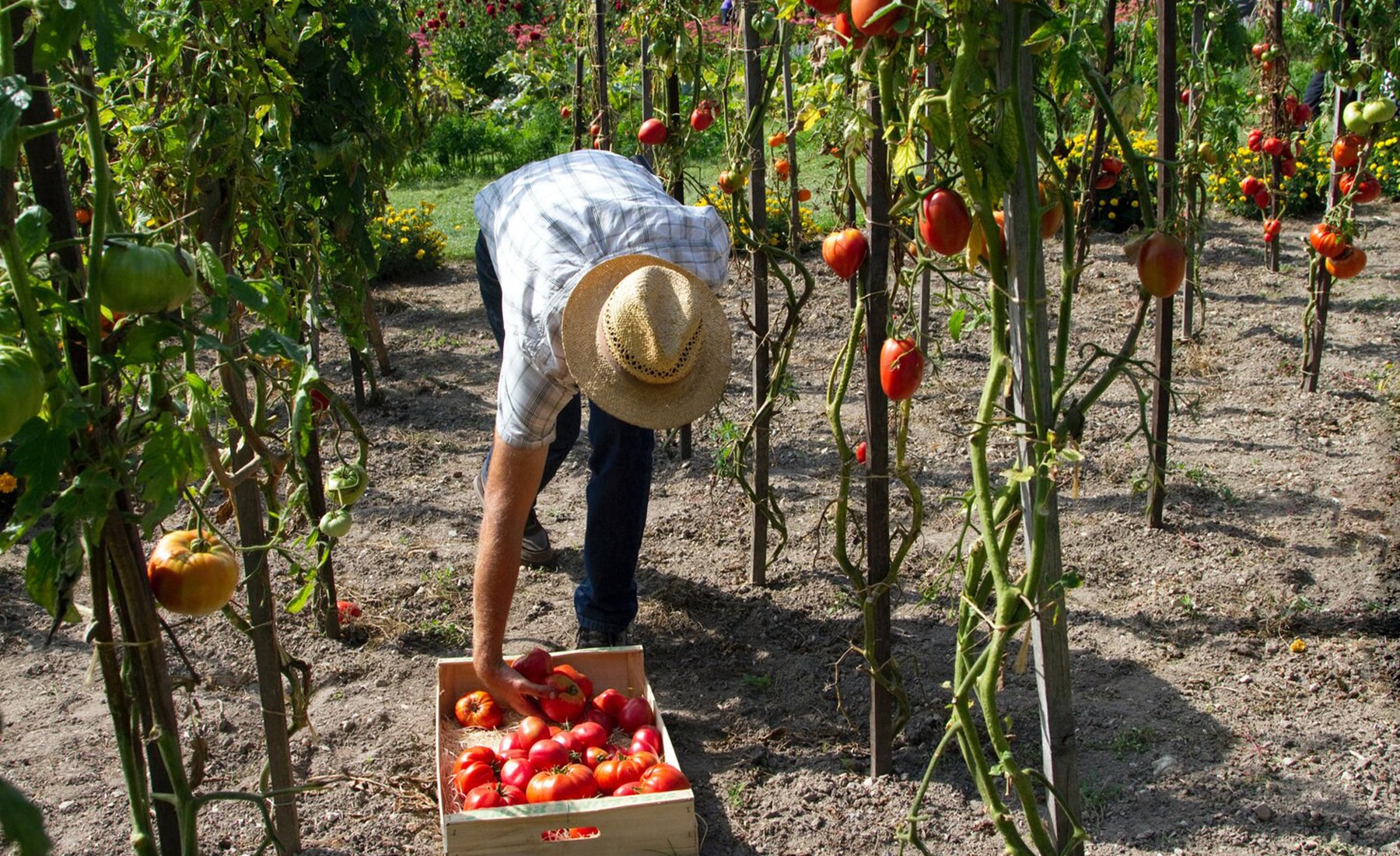AGRICULTURE
Responsible production and sourcing of agricultural commodities

Agriculture
Private sector investment in the production and processing of agricultural commodities is booming, driven by increasing demand for food, materials, cosmetics and biofuels. The growth in agricultural investment holds great potential for tackling poverty and supporting socio-economic development.
Nonetheless, there can often be harmful social or environmental impacts associated with commercial agriculture, including ‘land grabbing’, environmental degradation and harmful working practices. Management of these issues is often compounded by long and complex supply chains. Whilst a significant number of sustainability-focused industry initiatives and certification programmes operate in the sector, these are often focused on a narrow range of issues or specific parts of a product supply chain. Many companies who rely on agricultural commodities are subject to compliance requirements on supply chain due diligence which extend far beyond the scope of existing initiatives.
We bring a fresh approach to due diligence and responsible sourcing within agricultural supply chains. We are unhindered by inflexible audit procedures or ingrained compliance mindsets. Our services are focused on supporting senior management and embedding risk-based due diligence practices within companies operating in or sourcing from the agricultural sector.
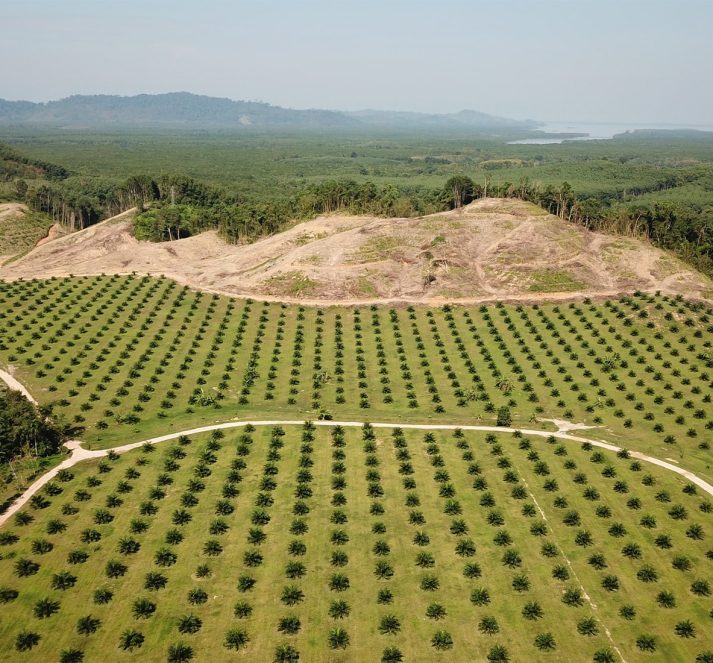
 Assess risks
Assess risks
We help companies that are producing or trading agricultural commodities to identify and prioritise risks in their supply chains from fast-moving consumer goods (FMCG) producers and retailers to producers, traders and processors. The due diligence support we provide enables our clients in this sector to identify and prioritise risks in their supply chain, take appropriate mitigation actions and deploy their risk management resources in the most effective way. This both protects brand value and enables management teams to prepare for and comply with the growing regulatory compliance requirements and customer expectations on supply chain due diligence.
- Through a Human Rights Risk Assessment (HRRA), we help companies to understand the extent to which a supplier is impacted by, or may contribute to, human rights or wider related social and environmental risks across sourcing categories and geographies. Where risks are identified, we help determine what mitigation actions may be required.
- We conduct Human Rights Impact Assessments (HRIA) to provide an in-depth investigation and analysis of where there have been – or could be – adverse impacts to the rights of workers, communities, or other stakeholders as a result of the activities of a company or its suppliers.
- We map supply chains for FMCG producers and retailers, working with our technology partners to efficiently build an understanding of the profile, location and relationships through the different levels of a supply chain.
- We conduct site-based due diligence assessments of the environmental, social and governance (ESG) performance of high-risk or strategic suppliers for FMCG producers, processors, traders or retailers against good practice frameworks such as the OECD due diligence guidelines or the IFC Performance Standards.
 Build management systems
Build management systems
We help companies that produce or source agricultural commodities to build confidence in their risk management performance and readiness for evolving compliance requirements related to supply chain due diligence. We build and implement responsible sourcing risk management systems that are fit for purpose and aligned with international good practices.
- We benchmark the maturity of companies’ current sourcing practices through our Responsible Sourcing Diagnostic and Maturity Model to assess current performance and readiness for compliance with due diligence requirements such as the German Supply Chain Act and the forthcoming EU Corporate Sustainability Due Diligence Directive, and to prioritise next steps.
- We support companies at all levels of the value chain by designing and implementing management systems for responsible business conduct and supply chain due diligence. This includes writing policies and procedures, developing risk assessment and risk management processes, identifying risks when onboarding suppliers and reporting to support compliance with regulatory requirements on supply chain due diligence.
- We benchmark the management systems and operating practices of producers, processors and traders against the requirements of responsible sourcing standards or assurance frameworks and advise on the steps necessary to close any gaps and pass an audit.
- We implement blockchain-based traceability solutions in agricultural commodity supply chains and build bespoke supplier engagement and data management platforms with our technology partners to support our clients’ due diligence activities or differentiated product development.
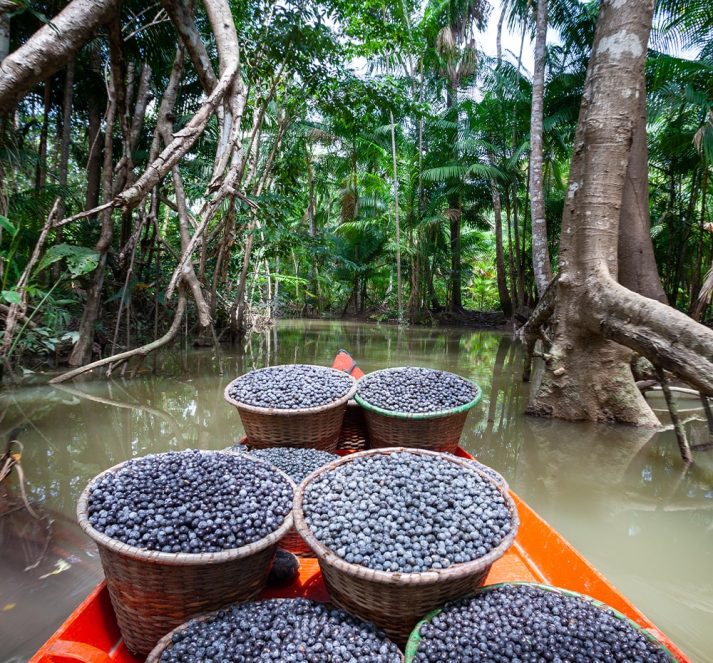
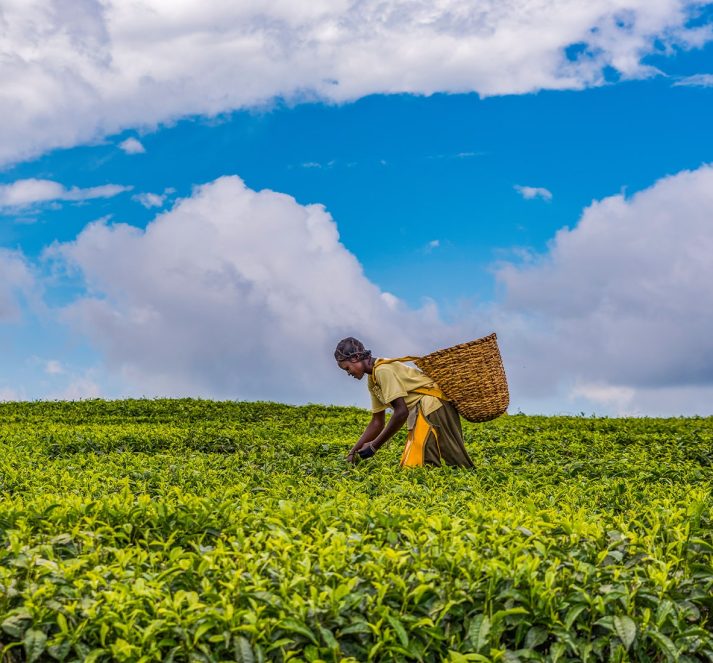
 Enhance capability and impact
Enhance capability and impact
Informed by our work with the OECD, we support policymakers and industry bodies to establish and strengthen market and regulatory requirements for responsible sourcing. We also help to support the continuous improvement of responsible sourcing management systems and work with stakeholders, including upstream suppliers, to create positive impact.
- We draw on our unique experience of working with the OECD and the European Commission to deliver alignment assessments of agriculture sector supply chain programmes.
- We deliver strategic advice to industry bodies on supporting their member companies to address responsible sourcing challenges.
- We provide capacity building for industry bodies’ member companies or auditors on responsible sourcing and due diligence best practices in the fashion industry.
- We support companies in developing and strengthening collaborative programmes for supplier capacity building or for making targeted interventions that address shared challenges or ‘landscape level’ risks.








